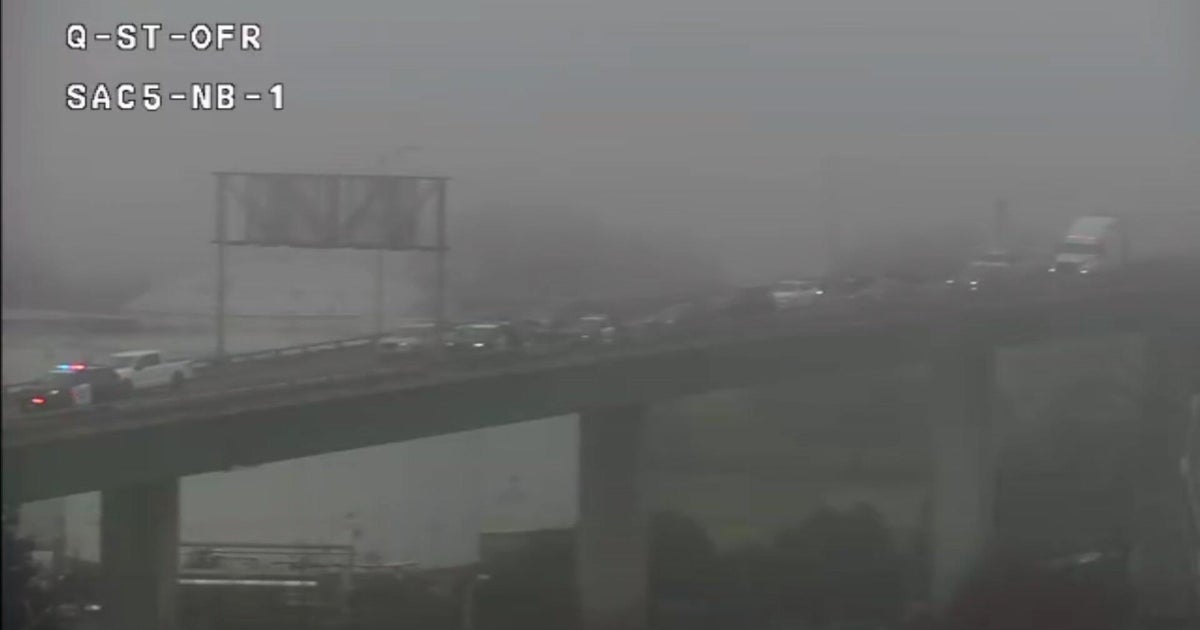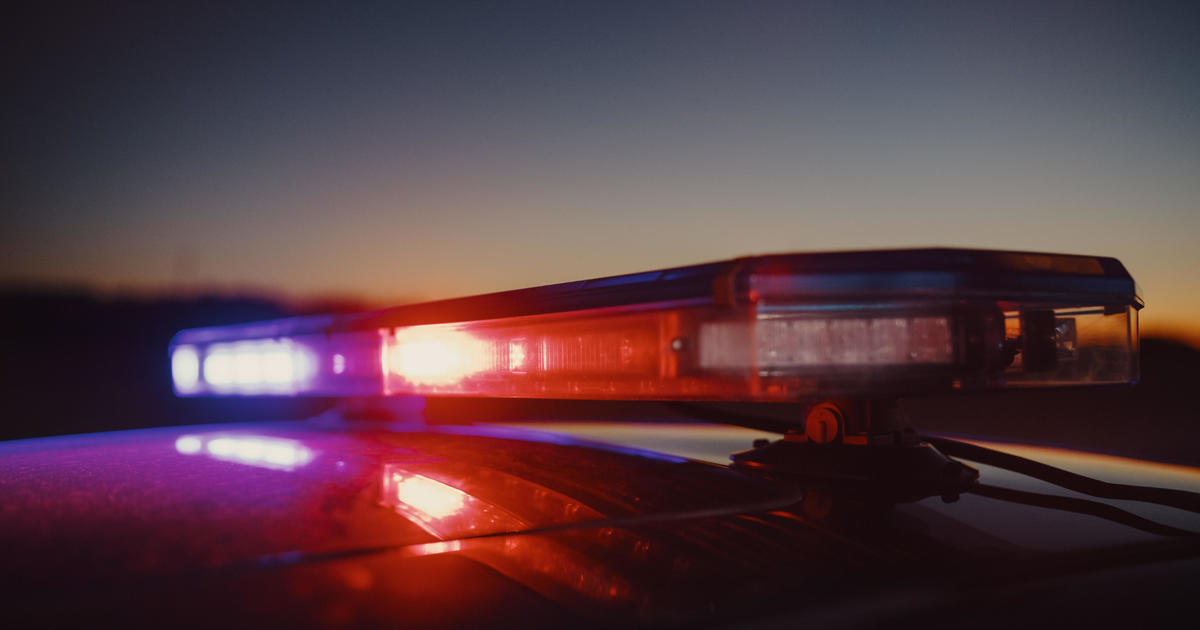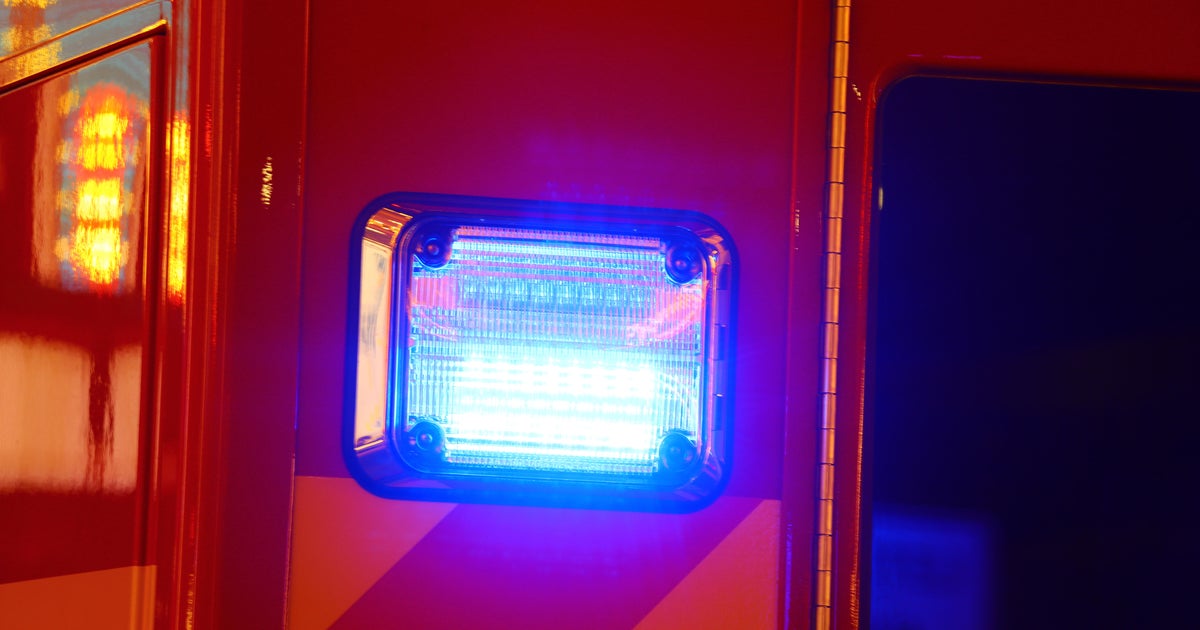Cougar killed on Golden Valley interstate was a 2-year-old male from Nebraska
GOLDEN VALLEY, Minn. — Minnesota conservations officials say a cougar that was struck and killed in the west metro was a young male that had traveled hundreds of miles.
A video, posted Wednesday morning on Facebook, shows what appears to be an SUV with heavy front-end damage and a dead cougar on the side of the road.
The driver tells WCCO that the crash took place in Golden Valley on Interstate 394 near Highway 100. The driver is sore, but doing alright.
The incident comes days after a cougar was spotted roaming through the Lowry Hill neighborhood of Minneapolis. City officials on Tuesday said it was spotted again near Kenwood Park. They believe it was traveling on popular trails near Lake of the Isles.
Cougars are rarely seen in the state but occasionally do appear, according to the Minnesota Department of Natural Resources. Since 2004, there have been 77 verified cougar sightings.
DNR Wildlife Populations Manager Dan Stark told WCCO there's nothing to directly link the cougar struck early Wednesday morning with the one spotted in Lowry Hill, but it's most likely the same one since the area doesn't see many cougars.
Stark said the cougar that was killed is now in his agency's possession.
Cougar was previously tagged in Nebraska
The Minnesota DNR confirmed that the wild cougar is a 2-year-old male that was previously tagged in northwest Nebraska.
"These traveling cats tend to be young males dispersing to find new territories of their own. We've never been able to confirm a female of wild origin in the state, nor any breeding or kittens within Minnesota," the DNR said in a Facebook post.
Conservation officials say there isn't an established population of the animal in Minnesota. Some of the closest cougar populations can be found in the Black Hills.
If you encounter a cougar, you're advised to "make yourself appear larger and speak loudly and firmly" to scare them off, the DNR said. Do not shoot the animal, as they are a protected species.
The DNR says anyone who sees the animal should report the encounter to a conservation officer or local law enforcement officials so evidence can be documented. You can also call the DNR directly at 651-296-6157.
This is a developing story, so check back for more.








